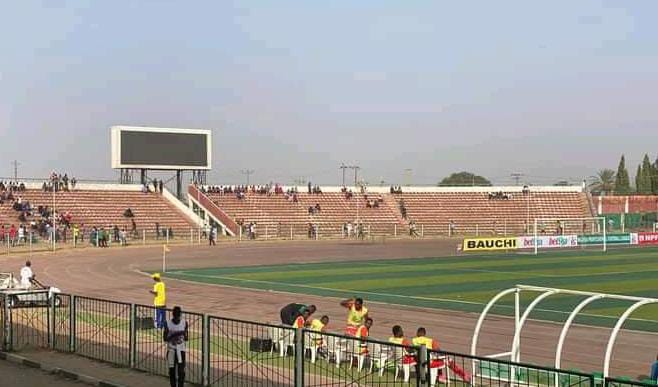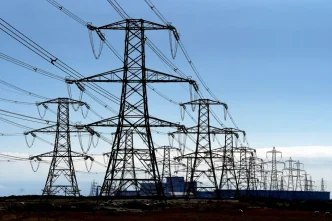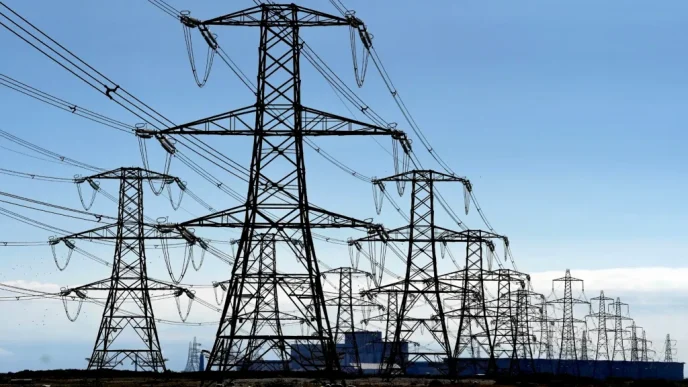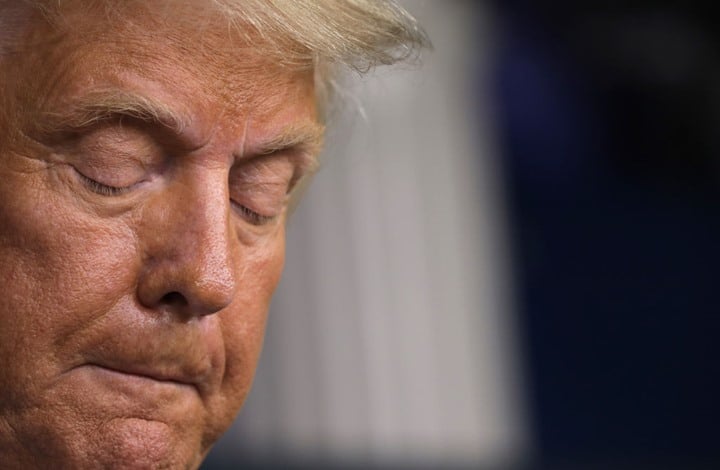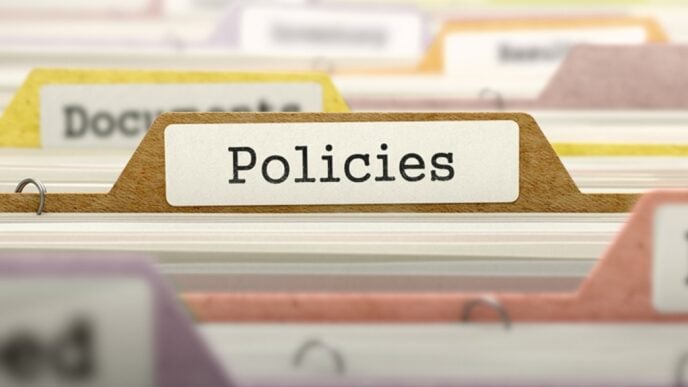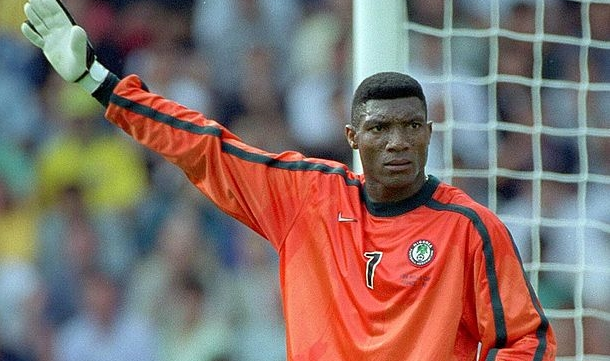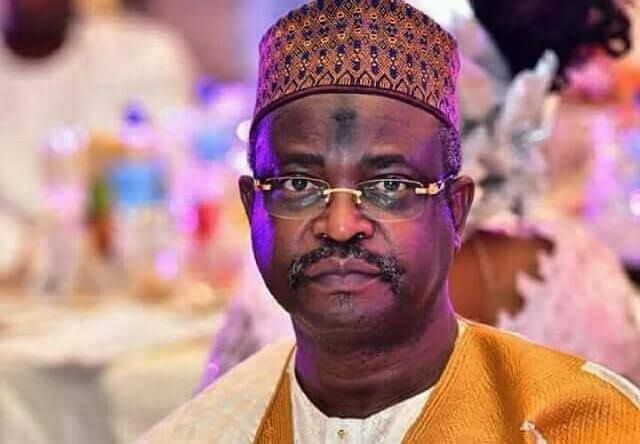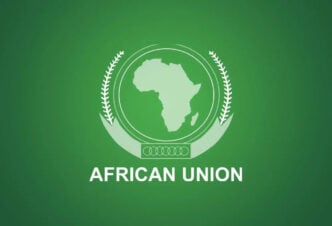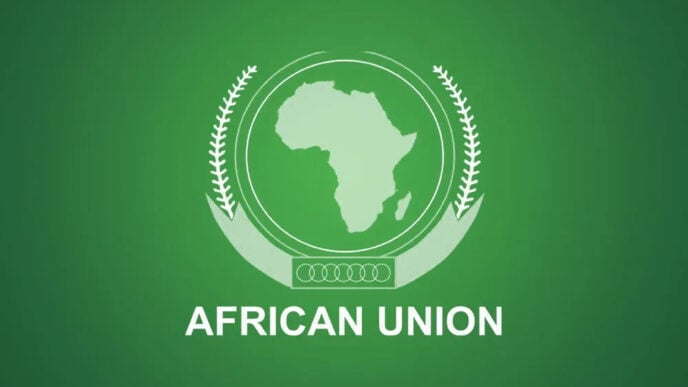Abubakar Tafawa Balewa Stadium, Bauchi
It is one of contemporary Nigeria’s most perplexing ironies: while millions of Nigerians pay through their noses to keep up with the English Premier League (EPL), the very soil that grew their football passion—home-grown Nigerian football—is left to wither like a grassless pitch in harmattan. Nigeria’s football ecosystem is trapped in a vicious cycle. While multinational Pay TV companies rake in millions from broadcasting foreign leagues, like the English Premier League (EPL), the French Ligue 1, the German Bundesliga, among others, to Nigerian fans, raking in millions of dollars, they invest next to nothing in the Nigeria Premier Football League (NPFL).
There is nothing given to the domestic league in return, as a way of giving back to a society that has offered them so much in terms of profit. This neglect, coupled with fan apathy toward local clubs and a lack of government intervention, has left the NPFL struggling to retain talents, be competitive, continentally, or even inspire national pride. The consequences are dire. The senior national football team, the Super Eagles, suffers from the resultant weakened talent pool, and Nigerian clubs are perennial underperformers in CAF-organised competitions, as a consequence.
Every year, these Pay TV companies (Multuchoice, Star Time, Kwese, among others) rake in as much as £700 million (over ₦1.26 trillion) in industry aggregate, from Nigerians who are eager to watch Chelsea battle Arsenal, Real Madrid – Barcelona, PSG – AS Monaco, Borrusia Dortmund – Bayer Munich, or Inter Milan – Napoli. This includes those who want to watch Haaland and Salah trade goals; Victor Osimhen conquer the Turkish league; or Victor Boniface take the German Bundesliga by storm. Yet, these broadcasting behemoths cannot bring themselves to reinvest even 10% of their annual profit in the NPFL—a league that birthed the Nigerian fans’ passion but is now begging for attention, exposure, and investment. Meanwhile, some of them make time and space on their channels to air leagues from Kenya, Ethiopia, Ghana, Zambia, and South Africa. With due respect to these countries, on paper and pedigree, they rank way below Nigeria, whose footballing history includes Olympic gold in 1996 and a storied presence in African and global football. Why then is Nigeria’s domestic league shut out? The answer is a cocktail of corporate apathy, poor policy direction, and a public mindset programmed to idolise everything foreign. Xenocentrism.
The Unholy Trinity of Corporate Apathy, Public Disinterest, and Policy Paralysis, are clogs in the wheel of football development in Nigeria
Advertisement
First, let’s address the corporate betrayal. It is nothing short of economic injustice that companies operating in Nigeria, including banks, oil and gas, telecommunications, maritime, aviation, Pay TV, and others, are allowed to profit immensely from the country’s large market, and fans’ obsession with football without committing meaningfully to the development of its local league—the goose that lays the eggs.
This isn’t charity. It’s an investment with ripple effects. Sponsoring the NPFL strengthens the local economy, creates jobs, exposes the products and services of sponsors to about 250 million consumers, builds a self-sustaining football ecosystem, and, most crucially, retains talents within the league. Today, our best pairs of legs flee to obscure leagues in places like Latvia, Kazakhstan, Sudan, and the backwaters of Eastern Europe football clubs, not because they dream of it but because Nigerian clubs can’t pay them living wages.
Secondly, there’s the matter of public disinterest: Nigerian football fans wear Premier League jerseys like a second skin. They argue over North London derbies with messianic fervor. Yet, they would struggle to name the captain of Enyimba or the current position of Remo Stars on the NPFL log. They may not even be able to tell you about the “oriental derby” between Enyimba and Rangers International FCs, or Kwara United, who are the reigning champions of the President Federation Cup. The local league is starved of media attention, social prestige, and digital innovation. Without visibility and pride of place, rooted in robust packaging and branding, fans will continue to look elsewhere.
Advertisement
Third, and most damning, is policy paralysis. In a country where oil companies are legally required to commit a fraction of their profits to host communities (via the Host Communities Development Trust), why can’t a similar policy framework be worked out to mandate corporate investment in sports development by operators in different sectors? Before now, the English Premier League was being sponsored by outfits like The Barclaycards, Barclays Bank, and Carling, among other brands. I do not think it would be asking for too much if brands like Zenith Bank, GTBank, Access Bank, First Bank, or Ecobank, etc., are made to commit a portion of their annual profit [whether before or after tax] to sponsoring the league. The same goes for firms in the oil and gas sector, where you have Dangote, Rainoil, NIPCO. NNPCL, etc., not forgetting the telecom sector with the likes of MTN, Globacom, Airtel, 9Mobile, et al. A Sports Development Fund, to be funded by a fractional levy on companies operating above a certain profit threshold, can also be set up, managed transparently, and used to sponsor clubs, improve stadiums, and train administrators. This is not wishful thinking. It is a policy imagination—the kind our National Assembly and the National Sports Commission must wake up to and collaborate towards making a reality. This is the type of matter that should occupy the largest part of their thinking time. They should not be wasting national legislative time on frivolities like sitting arrangements and admiration or condemnation of how a colleague of the opposite sex dresses or looks.
We’re already suffering the consequences of the NPFL’s inability to retain stars. This is due to poor wages (as low as ₦100,000 monthly for some players) and grueling travel conditions (16-hour road trips for matches). Remember, there is hardly any club in the country that can afford airlifting their players to away match venues. If nothing is done, and urgently so, “talent drain” would continue to rob the country of its best legs, and things would get worse. Top talents like Daniel Daga of Enyimba FC and Ismael Sodiq of Remo Stars FC fled to Europe or other African leagues. This exodus, among others, weakens the NPFL’s competitiveness and deprives the Super Eagles of the required homegrown talent that is supposed to form the nucleus of the team. We’ve also had to contend with “continental failures”, among teams hoisting the Nigerian flag at the continental levels, which is a direct consequence of underfunding. Nigerian clubs consistently underperform in CAF competitions, often crashing out in preliminary rounds. This is directly linked to the following factors:
Inadequate preseason preparations due to financial constraints.
Poor squad depth, as clubs can’t afford quality players.
Advertisement
Lack of infrastructure: substandard training facilities and stadia, as a result of which they fail to get CAF/FIFA approval to host international matches. This therefore turns what ordinarily should be a “home match,” with its concomitant advantages, into an away match on home soil.
What Needs to Change?
1. Legal and Policy Frameworks: A “Sports Investment Act” should be enacted, to mandate a minimum percentage (say, 1%) of annual after-tax profits from blue-chip companies, in sectors like telecommunications, banking, and insurance, aviation, maritime, and even media (Pay TV) outfits for investment in sports—football, athletics, basketball, table tennis, among others. This creates a legal spine for what is currently left to the vagaries of corporate discretions.
2. Incentivize sponsorship through tax reliefs: offer tax deductions or credits to firms that sponsor NPFL clubs or upgrade stadium infrastructure. Make sports investment not just a CSR checkbox, but a strategic business decision. It (tax relief in exchange for infrastructural development intervention) had happened between the Federal Government, and the Dangote Cement factory in Kogi State, where they reconstructed the Obajana to Kabba road with concrete, in exchange for tax relief. It could be replicated in sports development. When Mr. Sunday Dare was the Minister for Sports, he’d already set a template with his “Adopt a Project” and “Adopt an Athlete” initiative. That can be built upon. 3. Media Rights Reform:
The Nigerian Football Federation (NFF) and League Management Company (LMC) must urgently renegotiate broadcasting rights and woo local and foreign media investors to come on board. MultiChoice should be made, through a regulatory framework, to feature NPFL matches just as it does for other African leagues.
Advertisement
4. Cultural Reorientation and Fan Engagement: We must be deliberate in rebranding our league. Create story-telling around clubs, push personalities, use social media influencers, and engage fans via fantasy leagues and interactive apps. If Rwanda can brand its tourism on Arsenal jerseys, then Nigeria can brand Nigerian clubs on our screens and hearts. The National Orientation Agency [NOA] has a role to play here too.
5. Private Club Ownership and Professionalism: More private capital should be attracted to club ownership. Government-owned clubs, often bloated and inefficient, should be transitioned to private hands with clear governance frameworks. This is because government-owned clubs are the ones with massive war chests and tendencies to corruptly influence match officials to rig the process in their favour, to score cheap political points. No disrespect is meant to those currently participating in the league. Although some are being managed by very professional individuals with integrity, there are those who do it. It is no coincidence that Kanu Nwankwo’s Papilo FC did not last a season in the Nigeria National League (NNL) before closing shop. They couldn’t cope with the way things are done, I learnt. Did anybody bother to find out what Vandrezza FC experienced in their short sojourn in the NNL, when they attempted to live-stream matches, to the discomfort of the organisers? A match on television would surely reduce the possibility of corrupt officiating, in their thinking, but the establishment would have none of that. I won’t bother you with the boardroom politics that decided the league title between Udoji United FC of Awka and Jasper United FC of Onitsha (both defunct) in 1996. It is not my intention to sound like an ancestor to some of my Gen-Z readers.
Advertisement
Look at what Remo Stars, the reigning champions of the NPFL, is doing, or has done. They’ve put in place, a very solid structure you’d expect of an average professional football club in the advanced leagues of Europe and South America. It’s not perfect, but it shows the path. In contrast, funds released by governments for running football clubs owned by them are either misappropriated or diverted for private use. In some cases, they’re swallowed outright.
6. Diaspora and International Partnership: Tap into the Nigerian diaspora and global football ecosystem. Create a “Nigerian League International Fund” where former players and foreign partners can invest, sponsor clubs, or even own shares in the league’s development.
Advertisement
Recently, I was at the Mobolaji Johnson Arena, Onikan Lagos, where I went to see the final matches (men and women) of the President Federation Cup: Kwara United Football Club of Ilorin versus Abakaliki FC of Abakaliki, on the one hand, and Rivers Angels of Port Harcourt versus Nasarawa Amazon of Lafia, on the other. On the eve of these historic matches, I met and interacted with Mr. Nelson Ine in company of about three other journalists. Mr. Ine is a very senior official of GTI Assets Management & Trust Ltd. a financial service concern and a strategic partner to the Nigerian Football Federation (NFF) on the Presidential Federation Cup. Throughout our interaction, he kept referring to the competition as “This Asset”. There was no need for me to ask for any further expatiation on what he meant by the competition being an asset. This is because, he has, in his submissions, made me understand that, given the right management, the competition and the entire gamut of the Nigerian football ecosystem is a cash cow that is capable of empowering millions of Nigerian youths whose talents are currently wasting away, with energies diverted to anti-social activities.
So, my takeaway from our discussion is that, until the NPFL is treated as an asset rather than a burden, Nigeria will continue to export its best footballing talents to minor leagues in Europe, Asia, and Africa and import football culture from overseas, at a great socio-economic cost. We cannot build a football future while ignoring the soil beneath our feet—the domestic league. What we saw of this year’s President Federation Cups (men and women) is encouraging, especially with the NFF-GTI partnership. The partnership revealed that the winners, Kwara United Football Club of Ilorin, for the men category, smile to the bank with a cheque of ₦50 million, and ₦20 million goes to the runners-up, Abakaliki FC. Meanwhile, the winners of the women category, Rivers Angels of Port Harcourt, get ₦25 million, and the runners up, Nasarawa Amazon, get ₦10 million. That of this year is similar in amount to that of last year, 2024. Both years were unlike 2023, when the winners, Bendel Insurance, got a paltry ₦15 million in the men category, and the winners of the women category, Bayelsa Queens, got ₦10 million for their efforts. So years 2024 and 2025 are a massive improvement on the year 2023 and the preceding years, 2022 and 2021. That of next year could be more than ₦50 million if stakeholders are more intentional about taking the monetary value of the football ecosystem to the next level of sustainability. This is progressive growth is the way to go. Nigerian corporate entities across sectors should not be declaring the kind of humongous profits they do, year on year, without being made to, mandatorily, invest a fraction of it in the development of sports in the country, especially football, which happens to be the most popular sports in this part of the world. The day Nigeria’s elite, business and political, realise that investing in domestic football isn’t charity but nation-building, that is the day we would begin to reclaim our rightful place as the true giants of Africa in football. Ditto for other sports.
Advertisement
I do not have an idea how Mallam Shehu Dikko, the Chairman, National Sports Commission (NSC), intends to do this, but it is surely a call for him to integrate the full commercialisation of Nigerian football into his vision of “Sports Economy” in line with President Bola Ahmed Tinubu’s Renewed Hope Agenda to ensure things work in synergy.
Until then, it’s Chelsea vs. Arsenal on Saturday—and Enyimba vs. Remo Stars in a stadium with empty seats, zero cameras, and no future.
Abubakar writes from Ilorin, Kwara state. He can be reached via or [email protected]
Views expressed by contributors are strictly personal and not of TheCable.

